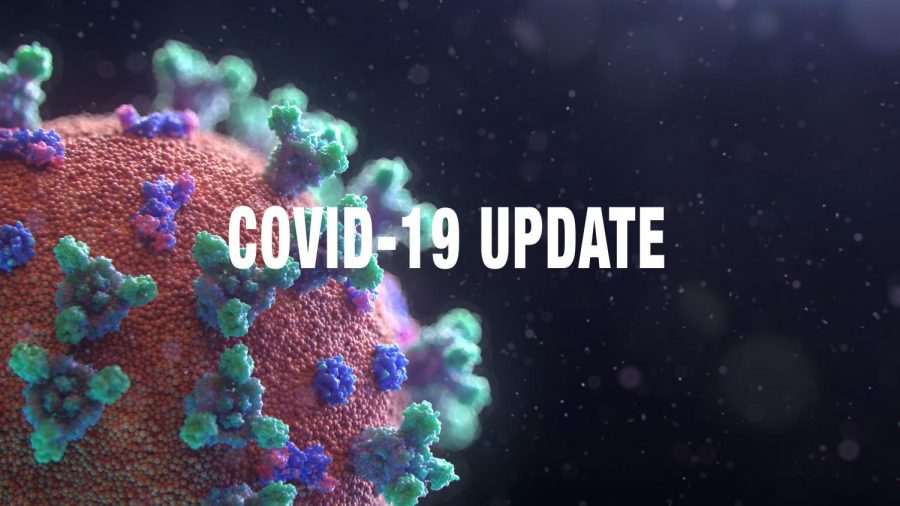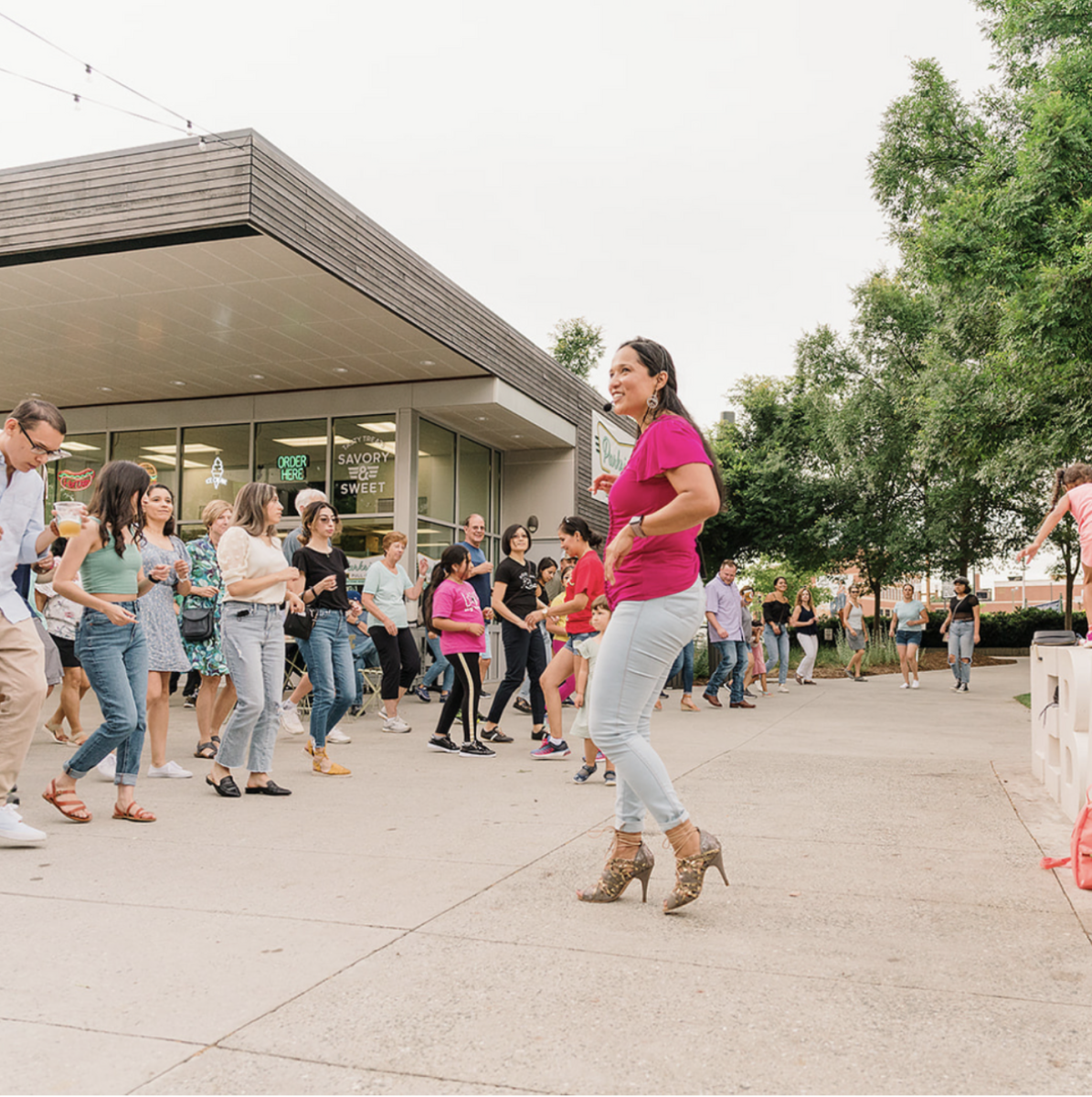
“Stay home.” It’s the order most of the U.S. is under right now.
Although it is supposed to be for our physical health, this period of self-isolation is taking a toll on the mental health of people globally.
Between unemployment rates increasing and the spread of misinformation, the world is in a panic inside their homes during the COVID-19 pandemic.
Quarantining can have a significant psychological impact. It can result in a range of mental health concerns from anxiety and anger to sleep disturbances, depression and post-traumatic stress disorder (PTSD), according to a recent study from the medical journal, The Lancet.
College students represent a large percentage of those affected by quarantine.
Since being ordered to evacuate campus and return home, students have expressed how hard the transition has been.
From frustrating virtual classroom sessions, messed up sleep schedules and a doubled assignment load, students are forced to adapt to this “new normal.”
Through social media, they have documented their journeys and expressed their frustration.
“I could just be me, but has y’all’s work not doubled since we started online?” asked senior journalism student Horatio Douglas on his podcast.
Others, with more introverted personalities and relaxed home lives, are adapting more smoothly.
“Shout out to all my introverts/homebodies. [We’re] cooling during the quarantine,” tweeted Lavante Hammond, a psychology student at UNCG.
But extreme worry and depression do end in the United States.
After two months in quarantine, the Chinese are suffering from similar trauma.
After a recent poll created by Dr. Qiu Jinayin, the results revealed that almost 35% of those polled experienced psychological distress, according to the Asia Times.
“Female respondents showed significantly higher psychological distress than their male counterparts,” said Jianyin and her colleagues. “Women were also more likely to develop PTSD.”
Social media also adds to the growing fear surrounding the pandemic.
COVID-19-related news articles – accurate and fake – are being shared by the second, along with the most controversial opinions surrounding our leadership.
But on the other hand, social media has also served as a support system in this difficult time.
Across the web, people are leaving their direct messages open to anyone who may need support.
Apps like Tik Tok are fun platforms that can help keep people laughing and their minds off of the chaos going on the world.
Also, The Anxiety and Depression Association of America has released a guide to managing anxiety and isolation amid this pandemic.
The site suggests that people stay close to their normal routine, avoid obsessing over endless COVID-19 media coverage and possibly start a new quarantine ritual.
If you suspect your loved one is showing signs of distressing mental health, the CDC says the symptoms may include but aren’t limited to fear and worry about their health, changes in sleep or eating patterns or increased use of alcohol or other drugs.
“Many therapists are moving their counseling sessions online or conducting them over the phone. Even if you don’t currently have a therapist, you should be able to identify one who offers virtual support,” said psychotherapist Robin D. Friedman to msn.com.
If you are feeling overwhelmed, and think you may hurt yourself or others, call the National Suicide Prevention Lifeline at 1-800-273-TALK (1-800-273-8255).







